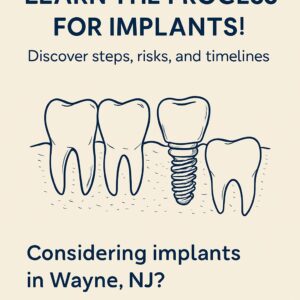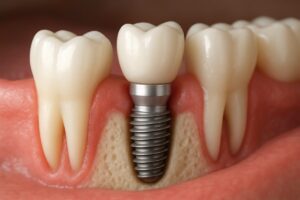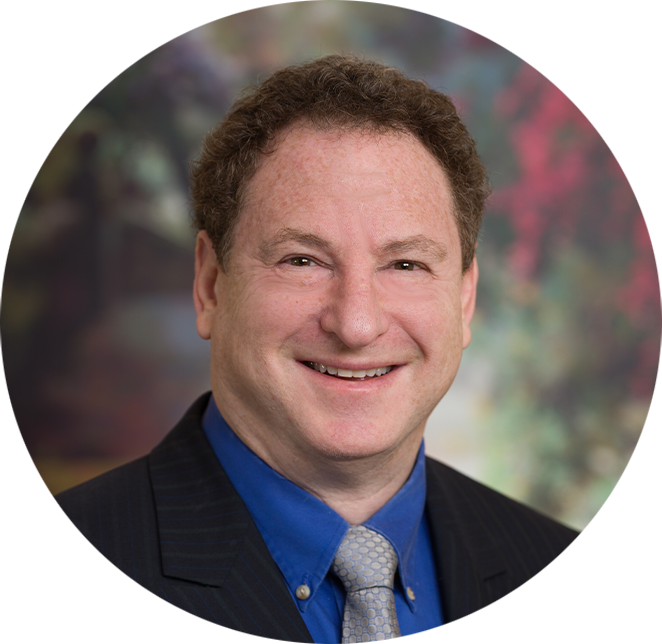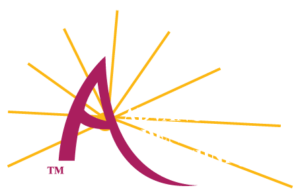Recovering from a dental implant post op can feel worrying, but most healing follows a predictable path. This guide explains what to expect right after surgery, a simple day‑by‑day timeline, home care do’s and don’ts, medicines and supplements that help, warning signs, and typical follow‑up. Use these steps for a smooth recovery after your dental implant post op in Wayne, NJ or nearby.
What to Expect Immediately After Your Dental Implant Post Op
Normal bleeding, swelling, and numbness
Some light bleeding is normal for the first few hours. Bite gently on gauze and change it when soaked. Swelling usually peaks 48–72 hours after surgery. Numbness from local anesthesia should fade over a few hours; report numbness that persists beyond 24–48 hours.
Pain levels and expected medication plan
Pain is usually mild to moderate and best in the first week. Use prescribed pain meds as instructed; over‑the‑counter ibuprofen or acetaminophen can work for many patients. Avoid aspirin in the first 24 hours if bleeding is a concern and ask your provider before mixing medications.
Dental Implant Post Op: Day‑by‑Day Recovery Timeline
First 24 hours
Rest and avoid heavy activity. Apply ice packs for 20 minutes on, 20 minutes off for the first 48 hours. Eat soft, cool foods and avoid hot liquids. Do not rinse, spit, or use straws to protect the blood clot.
Days 2–7
Swelling should start to go down. Begin gentle saltwater rinses (½ teaspoon salt in 8 oz warm water) 24 hours after surgery to keep the area clean. Progress from liquids to soft foods as comfortable. Stitches may dissolve or be removed at a 7‑day visit.
Weeks 2–6
Soft tissue heals steadily. You may return to normal chewing on the opposite side in 2 weeks and slowly resume normal biting as comfort allows. Full bone integration (osseointegration) takes several months; avoid hard, sticky foods on the implant site until cleared.
Home Care Do’s and Don’ts After a Dental Implant Post Op
Oral hygiene
Brush other teeth gently, avoiding the surgical site for a few days. Start saltwater rinses after 24 hours. When cleared, use a soft toothbrush and avoid aggressive rinsing.
Eating, drinking, and activity limits
Stick to soft foods like yogurt, mashed potatoes, and smoothies (no straws). Avoid crunchy, chewy, or hard foods for several weeks. No heavy lifting or intense exercise for at least 48–72 hours.
Smoking, vaping, and alcohol
Tobacco, vaping, and alcohol slow healing and raise infection risk. Avoid these for at least two weeks, longer if possible, to improve implant success.
Cold/heat and sleeping positions
Ice for the first 48 hours to reduce swelling, then switch to warm compresses for muscle soreness. Sleep propped up with pillows for the first nights to limit swelling.
Medications, Supplements & Practical Tips for Faster Healing
Finish any prescribed antibiotics and follow the pain‑med schedule. Avoid NSAIDs only if instructed by your surgeon. PRF (platelet‑rich fibrin) or other adjuncts may be used to speed tissue healing. Eat protein, vitamin C, and iron‑rich foods. Daily checklist: take meds, ice as directed, do saltwater rinses, eat soft food, avoid tobacco, and rest.
Warning Signs: When Your Dental Implant Post Op Needs Immediate Attention
Call your dental office if you have persistent bleeding, swelling that worsens after day 3, fever over 100.4°F, severe uncontrolled pain, numbness that does not improve, or a loose implant. Go to the ER only for heavy bleeding that won’t stop, high fever, or trouble breathing. Have your appointment time, medication list, and a brief description of symptoms ready when you call.
Follow‑Up Care & Long‑Term Maintenance for Implant Health
Typical follow‑ups are at 1 week, 1–3 months, and around 6 months to check healing, x‑rays, and bite. Long term, maintain good oral hygiene, regular professional cleanings, and periodic bite checks to protect the implant.
About Advanced Dental Techniques and Dr. Laurence C. Breiterman
Advanced Dental Techniques in Wayne, NJ provides implant care using 3D imaging, CEREC same‑day crowns, PRF therapy, LANAP/LAPIP, and other advanced tools. Dr. Laurence C. Breiterman, D.M.D., MAGD, combines extensive implant training with a patient‑centered approach. If you have questions after a dental implant post op in Wayne, NJ or need a follow‑up, call Advanced Dental Techniques to schedule a post‑op check or message the office for advice.







